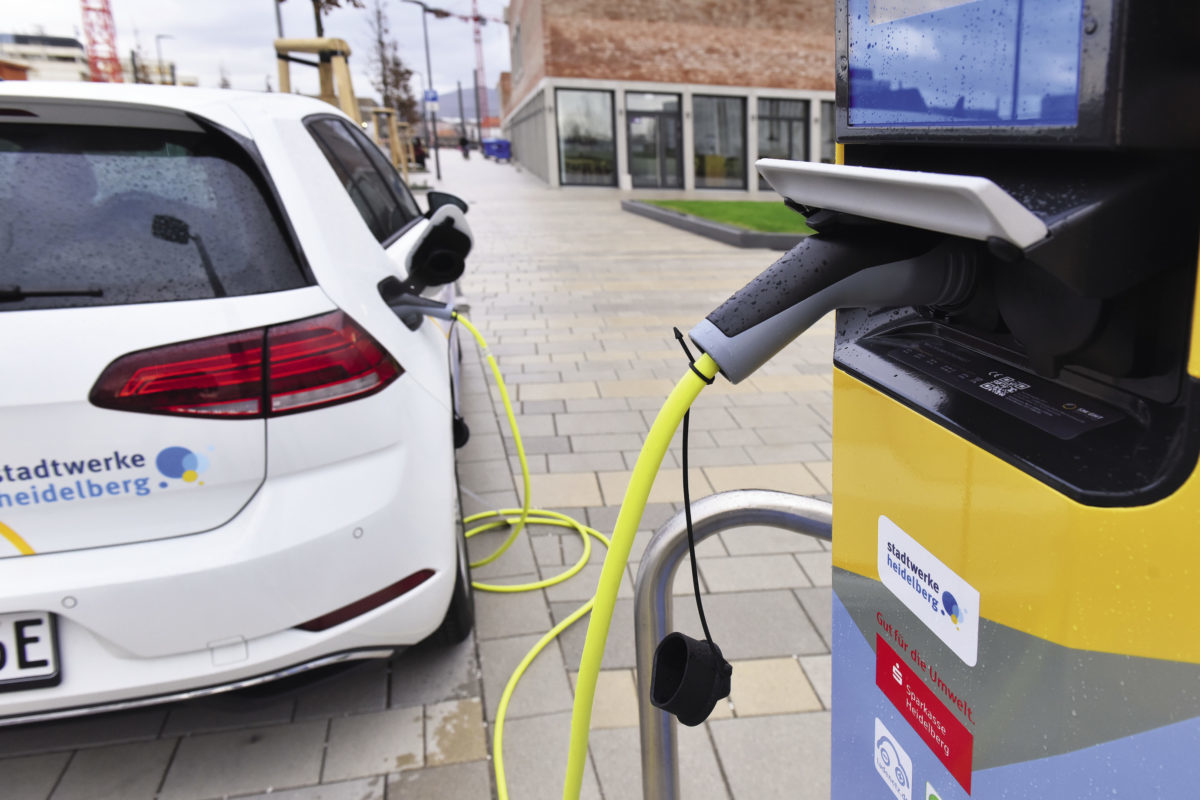From pv magazine International.
Any government which truly wants widespread adoption of electric vehicles (EVs) needs to roll its sleeves up and get on with installing charging infrastructure.
The Dutch government is showing how by being in the vanguard of technological development again as the Ministry of Infrastructure and Water Management announced support for vehicle-to-grid (V2G) chargers which can help balance loads on the power network by supplying power from EV batteries.
By providing a €5 million grant, the ministry is helping install 472 smart chargers with vehicle-to-grid functionality across 21 municipalities.
“Electric driving becomes the new normal,” predicted state secretary Stientje van Veldhoven. “I, therefore, not only want more charging points but also smarter. These charging stations are the future. They relieve the electricity grid, use green energy better and make charging your car even cheaper. That is why I want to speed up its construction. Charging your electric car should be as easy as charging your cell phone.”
Next year
The first smart chargers will be available for public use next year. The ministry said vehicle-to-grid functionality will be made available to various car models, with the Nissan Leaf and Renault Zoe already compatible. The project will enable EV drivers to capitalize on the provision of power to the grid from their batteries at times of peak demand.
The Dutch government expects to see around 12,000 electric cars in the city of Utrecht alone by next year. That sort of fleet will require more than 1,600 charging points.
In October, V2G provider The Mobility House said it had pre-qualified its first car for grid frequency control in Germany. The car was hooked up to a bi-directional charging station in Hagen. At the time, The Mobility House said it needed more favorable regulations in Germany to enable the project to take off at commercial scale.
This content is protected by copyright and may not be reused. If you want to cooperate with us and would like to reuse some of our content, please contact: editors@pv-magazine.com.









By submitting this form you agree to pv magazine using your data for the purposes of publishing your comment.
Your personal data will only be disclosed or otherwise transmitted to third parties for the purposes of spam filtering or if this is necessary for technical maintenance of the website. Any other transfer to third parties will not take place unless this is justified on the basis of applicable data protection regulations or if pv magazine is legally obliged to do so.
You may revoke this consent at any time with effect for the future, in which case your personal data will be deleted immediately. Otherwise, your data will be deleted if pv magazine has processed your request or the purpose of data storage is fulfilled.
Further information on data privacy can be found in our Data Protection Policy.